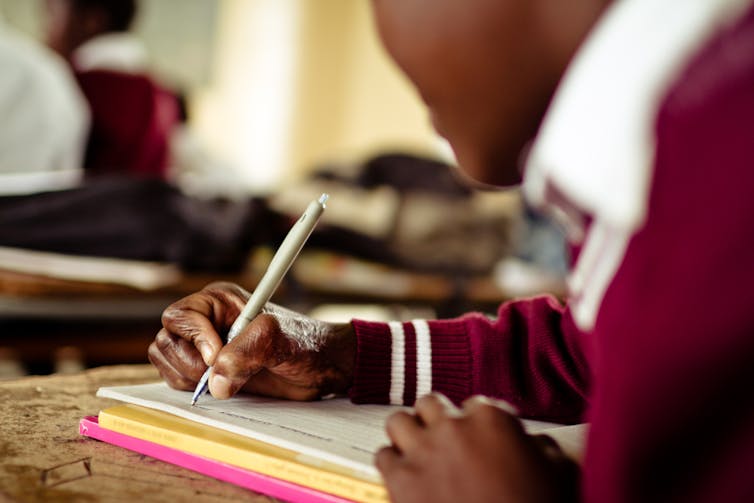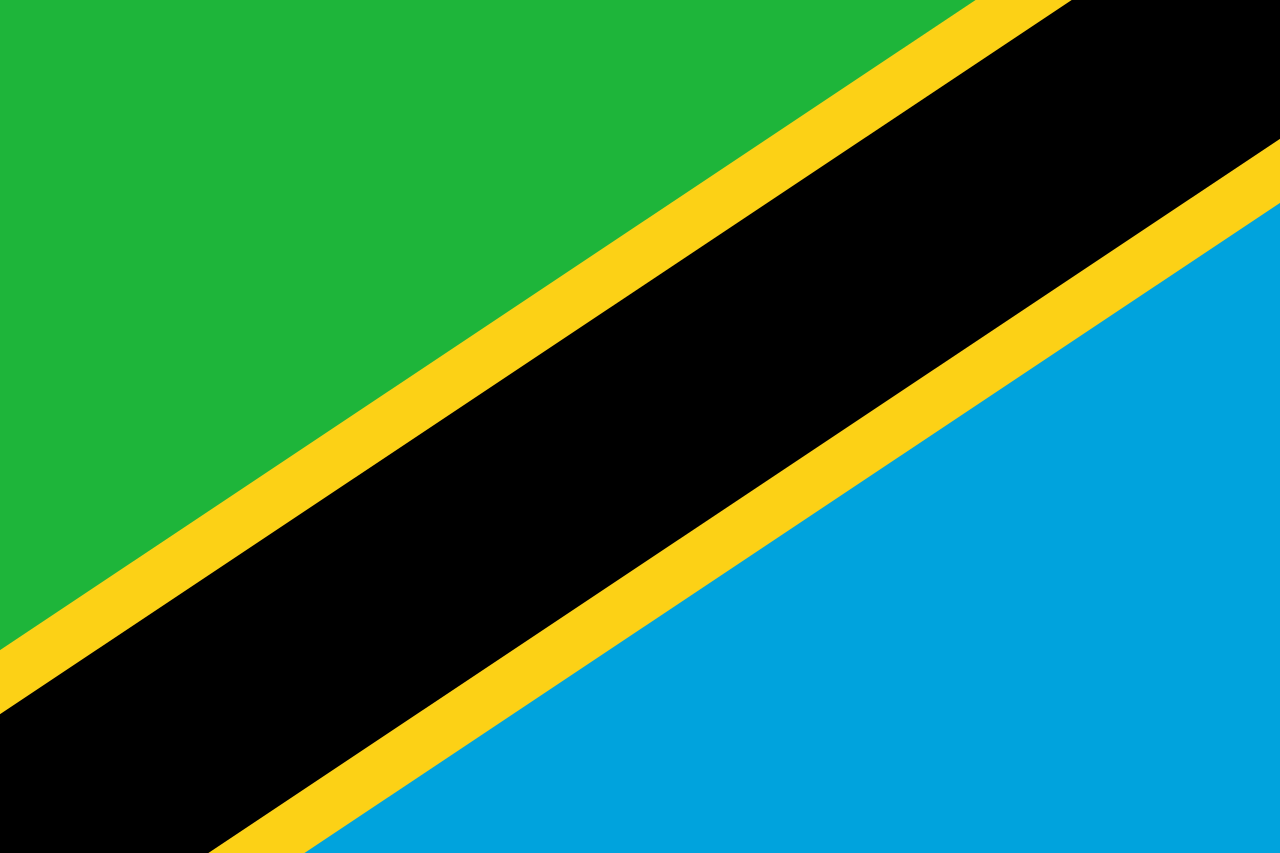- Details
- East Africa
- 1246

Anthony Idowu Ajayi, African Population and Health Research Center
The African Committee of Experts on the Rights and Welfare of Children recently made what experts call a landmark ruling. The committee is a regional quasi-judicial organ of the African Union. Its task is to monitor and implement the African Charter on Child’s Rights and Welfare, interpret the provisions of the charter and promote and protect children’s rights in Africa. The group of experts denounced the Tanzanian government’s policy of expelling pregnant and married girls from school. Tanzania has a history of using the country’s controversial 1961 law to deny adolescent mothers access to education. The late president John Magufuli openly referred to adolescent pregnancy as “immoral behaviour” that would not be allowed “to permeate primary and secondary schools”.
Reproductive health researcher Anthony Ajayi is optimistic that the recent ruling will compel more African countries to keep pregnant adolescents in school. He unpacks the details of the complaint and what Tanzania has been ordered to do.
What was the complaint against Tanzania?
In 2019, the Legal and Human Rights Centre (an NGO based in Dar es Salaam) and the Centre for Reproductive Rights (a global advocacy organisation) filed a complaint against the Tanzanian government. The two organisations are representing Tanzanian girls.
They accused the government of subjecting primary and secondary school girls to compulsory pregnancy tests and expelling them from school if they are found to be pregnant. The complainants alleged that school administrators were interpreting pregnancy as a moral offence punishable by expulsion. Under the expulsion policy, pregnant girls are subjected to unlawful detention or harassment until they expose the identity of the person who impregnated them.
Moreover, the government’s expulsion of pregnant and married girls is considered permanent. The affected girls are only allowed to be readmitted to private or vocational training schools and not their previous public schools.
Another key complaint was that the government deprived pregnant girls of access to sexual reproductive health information and services.
What are the decisions?
The decision obligates the Tanzanian government to immediately prohibit mandatory pregnancy testing – in schools and in health facilities. The government also has to remove wedlock as a ground for expulsion, readmit school girls affected by the ban, and provide special support to compensate for the lost years.
The country is also mandated to investigate cases of detention of pregnant girls, release those detained and stop the arrest of pregnant girls. Girls who dropped out of school due to pregnancy or wedlock must be readmitted without preconditions.
Moreover, the Tanzanian government is required to provide sexuality education for adolescent children as well as child-friendly sexual reproductive and health services. It must sensitise teachers, school administrators, healthcare providers, police, and other actors about the protection that should be accorded to pregnant and married girls.
How will this affect the lives of young women and girls in Tanzania?
Adolescent childbearing in Tanzania has been on an upward trajectory. In 2010 an estimated 22.8% of teenagers aged 15-19 had a child or were pregnant. By 2016, the estimate had risen 26.8%.
However, the number of girls dropping out of school due to pregnancy has declined from 9,800 girls in 2009 to 6,500 in 2021.
Education is important for girls’ future earning power and the promotion of their lifelong health and socioeconomic well-being. Implementing the committee’s decision would help break the persistent poverty cycle associated with early childbearing and missing out on education.
This decision will also open doors for more contributions from development partners keen on promoting girls’ education and working to achieve gender equality.
The decision directly mandates Tanzania to comply. But all 49 countries that have ratified the African Charter on the Rights and Welfare of the Child are subject to this interpretation.
With this decision, civil society organisations now have an additional yardstick to measure their government’s compliance with the African Charter on Child’s Rights and Welfare.
What has been the impact of other decisions by the African committee of experts on the rights and welfare of the child in other countries?
Since 2005, the African Committee of Experts on the Rights and Welfare of Children has received 22 complaints.
Of the complaints filed, the monitoring body has to date:
-
finalised seven
-
settled two of them amicably with relevant government organs and their complainants
-
declared five inadmissible due to the complainants’ failure to exhaust in-country remedies
-
dismissed complaints that fail to meet the conditions laid down in the Charter and the committee’s Guidelines on Consideration of Communications or that fall outside of the mandate of the commission.
Though the committee lacks enforcement powers, we believe this decision about Tanzania is significant.
The transition of power to Samia Suluhu Hassan, the country’s first female president, offers renewed hope for girls’ education. The education minister, Joyce Ndalichako, and the permanent secretary at the ministry of education have stated that the policy will be changed.
This ruling however goes beyond changing the Tanzanian policy. It calls on countries to address existing gaps in their laws, policies and programmes, to be fully compliant with the charter. Merely stating that a school reentry policy is in place will no longer be sufficient.
Tanzania’s current administration has already expressed goodwill by offering to change the policy. This goodwill can be harnessed to ensure that the decisions are fully implemented.
Juliet Kimotho, Senior Advocacy Officer at the African Population and Health Research Center, contributed to this article.![]()
Anthony Idowu Ajayi, Associate research scientist, African Population and Health Research Center
This article is republished from The Conversation under a Creative Commons license. Read the original article.






